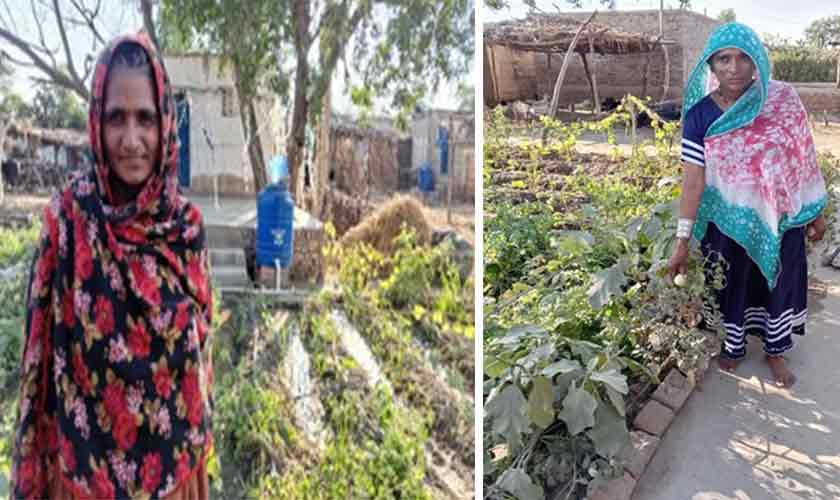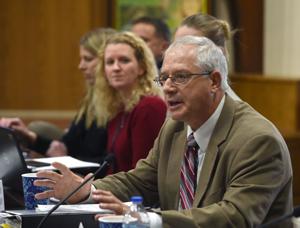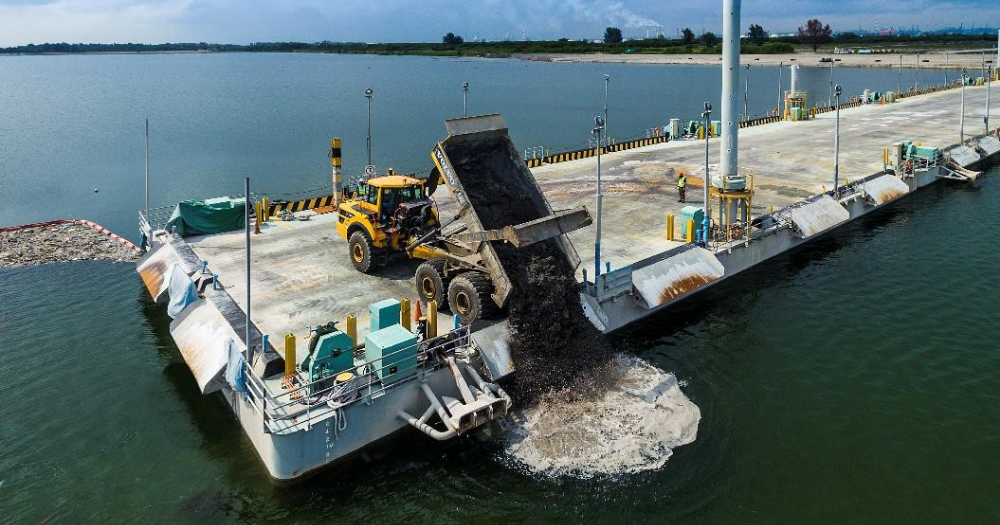
“Food security is not just about filling bellies; it’s about dignity, health and the very foundation of a thriving society.” - Rajendra Pachauri R ural Sindh faces significant challenges, including widespread food insecurity. According to the Pakistan Demographic and Health Survey, a significant portion of the rural population in Sindh experiences acute food insecurity.
The Integrated Food Security Phase Classification for April 2023 showed that a substantial number of people in Sindh were facing crisis (IPC Phase 3) and emergency (IPC Phase 4) levels of acute food insecurity. The situation is exacerbated by factors such as climate change, poverty and limited access to resources. The Food and Agriculture Organisation of the United Nations recognises home gardening as a crucial strategy to enhance household food security and nutrition, particularly in vulnerable communities.

Recognising these critical issues, the Sindh Irrigated Agriculture Productivity Enhancement Project, a World Bank-funded initiative, implemented a Kitchen Garden HEIS Drip Kit intervention. This component aimed to address both food security and women’s empowerment by providing 15,100 households with a comprehensive package: drip irrigation kits, 200-litre water storage tank, essential tools, quality seeds and a capacity building programne. Families cultivating fresh, nutritious vegetables significantly improved their food security and dietary diversity.
This increased access to fresh produce directly addressed the issue of malnutrition, particularly among children. Moreover, the ability to sell surplus produce in local markets generated additional income for households, empowering women to contribute to their families’ livelihoods and improve their economic standing. The selection of beneficiaries was done by engaging non-governmental organisations such as Sindh Rural Support Organisation, National Rural Support Programme, Thardeep, Secure Islamique France and Shah Sacha Sami Foundation.
These organisations have been working for many years, ensuring transparency in beneficiary selection and identifying the most deserving households. The collaborative approach was a key pillar in the success of the Kitchen Garden initiative. Syed Nadeem Shah, the On-Farm Water Management director general and SIAPEP project director said the impact of this intervention had been profound.
Impact evaluation revealed that before the project, 45 per cent of the beneficiaries had not had daily vegetable meals. After the installation of the Kitchen Garden kits, this number dropped dramatically, with 56 per cent of the beneficiaries enjoying at least one vegetable meal daily while 44 per cent had two. This significant increase in vegetable consumption directly addressed the issue of malnutrition, particularly among children.
By cultivating fresh, nutritious vegetables, families significantly improved their food security and dietary diversity. This increased access to fresh produce directly addressed the issue of malnutrition, particularly among children. Furthermore, the ability to cultivate fresh, nutritious vegetables not only improved dietary diversity but also generated additional income for some households.
97 per cent of the beneficiaries of the Kitchen Garden initiatives were women. The project had an empowering effect on this segment of the population. The high female participation not only provided women with an opportunity to access fresh vegetables and improve the health of their families, including women, girls, children and the elderly, but also empowered them to earn income by selling surplus produce.
Economic independence fostered a sense of well-being and contributed to community development in the rural communities. Muhammad Riaz Khan, a former senior agriculture specialist for World Bank and a SIAPEP task team leader, said that “the success of the Kitchen Garden initiative under SIAPEP was evident from the impact it had on the lives of rural women and their families in terms of improved food security, nutrition and income.” SRSO’s presence in Sindh at community, village and local support organization level has enabled the identification of vulnerable households and ensured equitable resource distribution through engagement of local community members.
The transformative impact on women’s lives – from improved nutrition to greater economic empowerment – has been rewarding. The Kitchen Garden Initiative helped around 200,000 households revive the tradition of growing vegetables at home, a practice dating back 2-3 decades, says Muhammad Dittal Kalhoro, CEO of the Sindh Rural Support Organisation. The success of the SIAPEP Kitchen Garden initiative by the On Farm Water Management wing of the Agriculture Department has highlighted the need to empower rural communities, especially women and vulnerable groups, and promote sustainable development through well-planned initiatives.
By scaling up this programme and similar initiatives that prioritise women’s empowerment and food security, the Sindh government can make significant strides toward building a more prosperous and equitable future for all its citizens. Extending this program across Sindh and potentially other regions of Pakistan will enable policymakers to address several Sustainable Development Goals, including: SDG 1: No Poverty by alleviating poverty and hunger among rural households. SDG 2: Zero Hunger by improving food security and access to nutritious food.
SDG 5: Gender Equality by empowering women through economic opportunities. SDG 10: Reduced Inequalities by improving access to resources and opportunities for rural communities. SDG 12: Responsible Consumption and Production by promoting sustainable and local food production.
This holistic approach will not only improve the livelihoods of millions of rural households but also contribute to overall development of the country. The author is a gender expert and development professional. She can be reached at sanakhanzada4@gmail.
com, LinkedIn www.linkedin.com/in/sana-siddique-6290a9177 and at X https://x.
com/sanasrahimoo?s=21..















